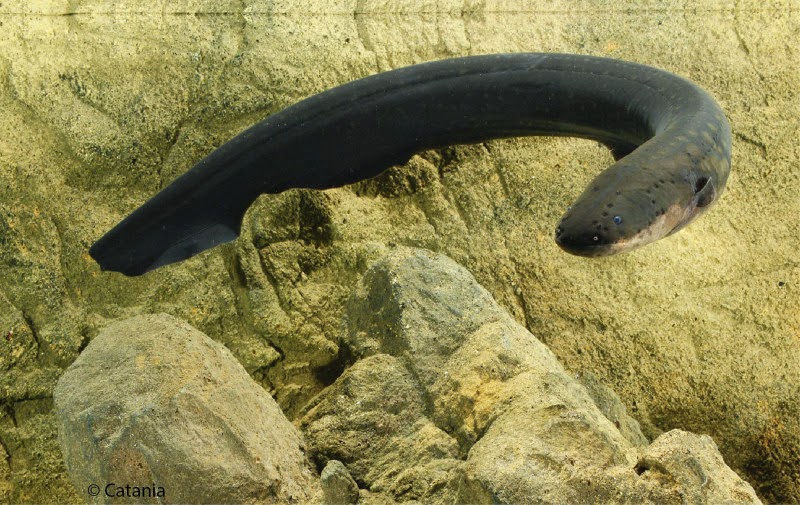 |
| Artist's rendering of a rhinovirus (stock illustration). Credit: © fotoliaxrender / Fotolia |
Home »
ANCHOVY
,
ASTHMA NEWS
,
COLD & FLU
,
COMMON COLD
,
HEALTH & MEDICINE
,
HUMAN BIOLOGY
,
IMMUNE SYSTEM
,
INFECTIOUS DISEASES
,
KUDZU
,
MEASLES
,
MICE
,
MICROBES & MORE
,
VIROLOGY
,
VIRUSES
» Cold virus replicates better at cooler temperatures
Cold virus replicates better at cooler temperatures
By Unknown

Researchers have long known that the most frequent cause of the common cold, the rhinovirus, replicates more readily in the slightly cooler environment of the nasal cavity than in the warmer lungs. However, the focus of prior studies has been on how body temperature influenced the virus as opposed to the immune system, said study senior author and Yale professor of immunobiology Akiko Iwasaki.
To investigate the relationship between temperature and immune response, Iwasaki and an interdisciplinary team of Yale researchers spearheaded by Ellen Foxman, a postdoctoral fellow in Iwasaki's lab, examined the cells taken from the airways of mice. They compared the immune response to rhinovirus when cells were incubated at 37 degrees Celsius, or core body temperature, and at the cooler 33 degrees Celsius. "We found that the innate immune response to the rhinovirus is impaired at the lower body temperature compared to the core body temperature," Iwasaki said.
The study also strongly suggested that the varying temperatures influenced the immune response rather than the virus itself. Researchers observed viral replication in airway cells from mice with genetic deficiencies in the immune system sensors that detect virus and in the antiviral response. They found that with these immune deficiencies, the virus was able to replicate at the higher temperature. "That proves it's not just virus intrinsic, but it's the host's response that's the major contributor," Iwasaki explained.
Although the research was conducted on mouse cells, it offers clues that may benefit people, including the roughly 20% of us who harbor rhinovirus in our noses at any given time. "In general, the lower the temperature, it seems the lower the innate immune response to viruses," noted Iwasaki. In other words, the research may give credence to the old wives' tale that people should keep warm, and even cover their noses, to avoid catching colds.
Yale researchers also hope to apply this insight into how temperature affects immune response to other conditions, such as childhood asthma. While the common cold is no more than a nuisance for many people, it can cause severe breathing problems for children with asthma, noted Foxman. Future research may probe the immune response to rhinovirus-induced asthma.
The study was published in the Proceedings of the National Academy of Sciences.
Source: Yale University
Posted Server or Office Location At :
Koduru, Andhra Pradesh 516101, India
Environment Now
Technology+Physics
Health + Medicine
Plants + Animals
SPACE + TIME
Science + Society



































